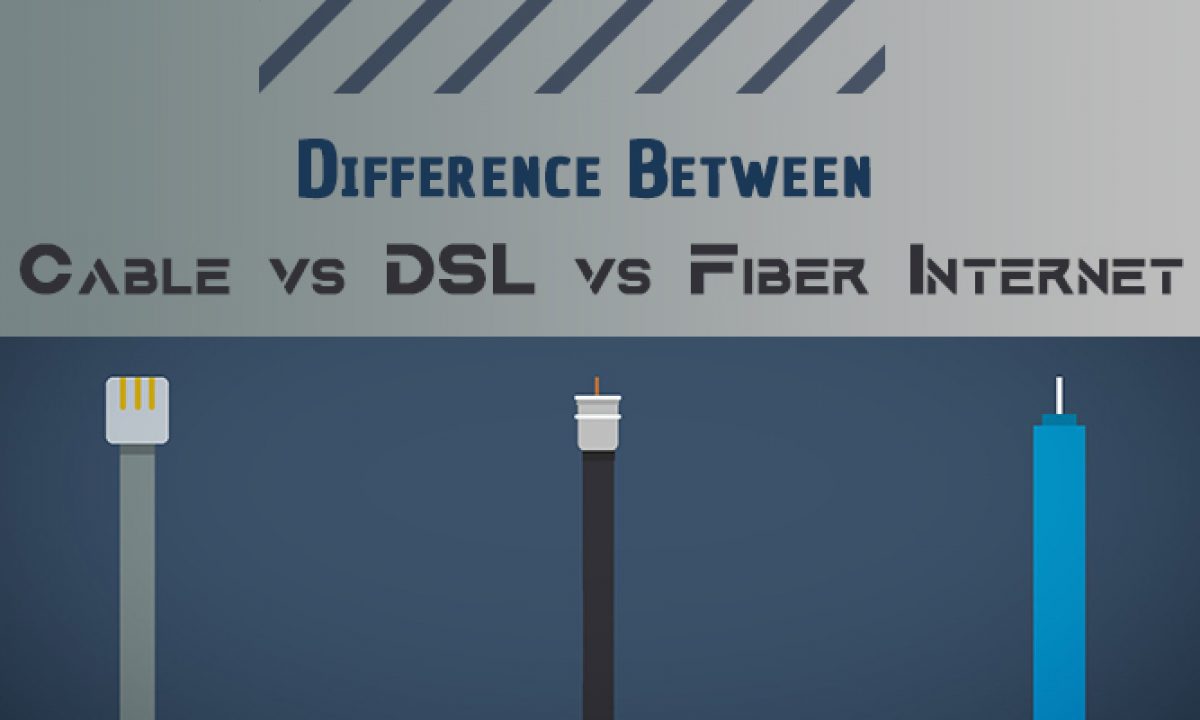When choosing an internet service, understanding the differences between DSL, cable, and fiber internet is crucial to making the right decision for your needs. Each of these technologies comes with unique features, advantages, and limitations. In this blog, we’ll dive into how each technology works, their benefits, and what makes them distinct.
Overview of Internet Technologies
| Feature | DSL | Cable | Fiber |
|---|---|---|---|
| Speed | Up to 100 Mbps | Up to 1 Gbps | Up to 10 Gbps |
| Latency | Moderate to High | Moderate | Low |
| Availability | Widely available | Urban and suburban areas | Growing in urban and suburban areas |
| Cost | Affordable | Moderate | Higher initial cost |
| Reliability | Can be affected by distance | Can be affected by network traffic | Highly reliable |
What is DSL Internet?
DSL (Digital Subscriber Line) uses existing telephone lines to deliver internet services. Unlike dial-up, it allows you to use the phone and internet simultaneously.
How It Works
- DSL transmits data over copper phone lines at frequencies not used for voice calls.
- The speed of DSL can decrease with distance from the provider’s central office.
Pros of DSL
- Wide Availability: Since it uses phone lines, DSL is available in most areas.
- Affordability: It’s one of the most cost-effective options.
- Dedicated Connection: Unlike cable, DSL provides a dedicated line to your home.
Cons of DSL
- Slower Speeds: Maximum speeds rarely exceed 100 Mbps.
- Distance Sensitivity: Speed and performance decline the farther you are from the service provider.
What is Cable Internet?
Cable internet uses the same coaxial cables that deliver cable TV services. It offers higher speeds than DSL but can be affected by network congestion.
How It Works
- Data is transmitted over coaxial cables, with bandwidth shared among users in the area.
- Higher speeds are achieved compared to DSL but can slow during peak usage times.
Pros of Cable
- Faster Speeds: Ideal for streaming, gaming, and multiple devices.
- Widely Available: Accessible in most urban and suburban areas.
- Bundling Options: Often bundled with TV and phone services.
Cons of Cable
- Shared Bandwidth: Speeds can decrease during peak hours.
- Higher Costs: Typically more expensive than DSL.
What is Fiber Internet?
Fiber internet uses fiber-optic cables, which transmit data as light, resulting in extremely fast and reliable internet connections.
How It Works
- Fiber-optic cables transmit data through light signals, offering symmetrical upload and download speeds.
- Requires significant infrastructure, limiting availability in rural areas.
Pros of Fiber
- Lightning-Fast Speeds: Speeds up to 10 Gbps.
- Low Latency: Perfect for real-time applications like video conferencing and gaming.
- Reliable Connection: Less prone to interference compared to DSL and cable.
Cons of Fiber
- Limited Availability: Mostly available in urban and suburban areas.
- Higher Costs: Installation and monthly costs are higher.
- Infrastructure Requirements: Expensive to install and expand.
Reliability and Performance
| Factor | DSL | Cable | Fiber |
|---|---|---|---|
| Peak Usage Impact | Minimal | Noticeable | None |
| Distance Impact | Significant | Minimal | None |
| Interference | Prone to interference | Moderate | Minimal |
Choosing the Right Internet for Your Needs
For Budget-Conscious Users
- Choose DSL: If cost is a major concern and you don’t need ultra-fast speeds, DSL is the most economical option.
For Average Household Use
- Choose Cable: If you’re looking for a balance between speed and cost, cable internet is a great choice for families and small businesses.
For High-Performance Needs
- Choose Fiber: If you’re a heavy internet user or require low latency for gaming, streaming, or remote work, fiber internet is the best option.
Conclusion
Each internet type has its strengths and weaknesses. DSL is ideal for affordability and availability, cable provides a good mix of speed and cost, and fiber offers unmatched performance for those who need it. At The Internet Cable Deals, we’re here to help you find the best internet solution for your home or business.
Call us today at 908-800-0971 or visit Big Fundings to explore our plans and deals. Whether you need DSL, cable, or fiber, we’ll help you stay connected with the internet that suits your needs!


